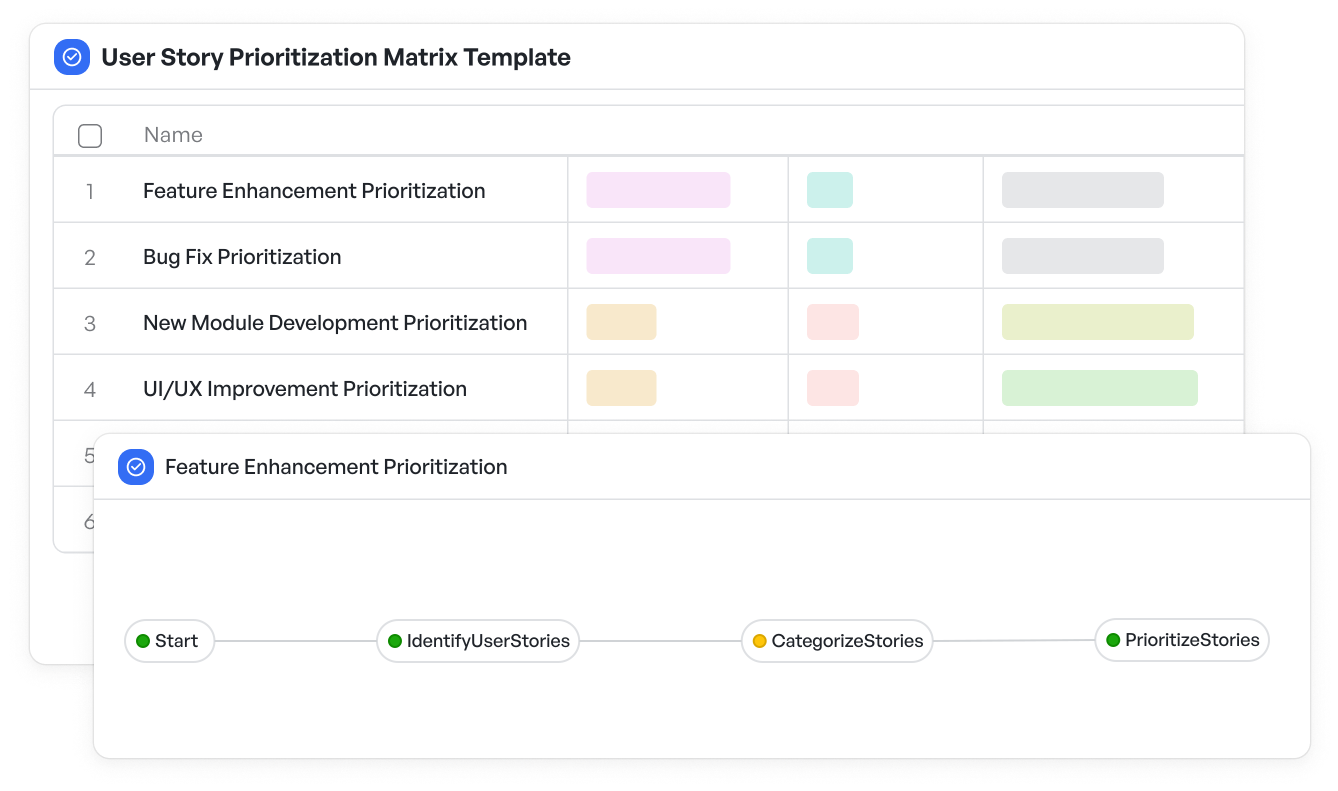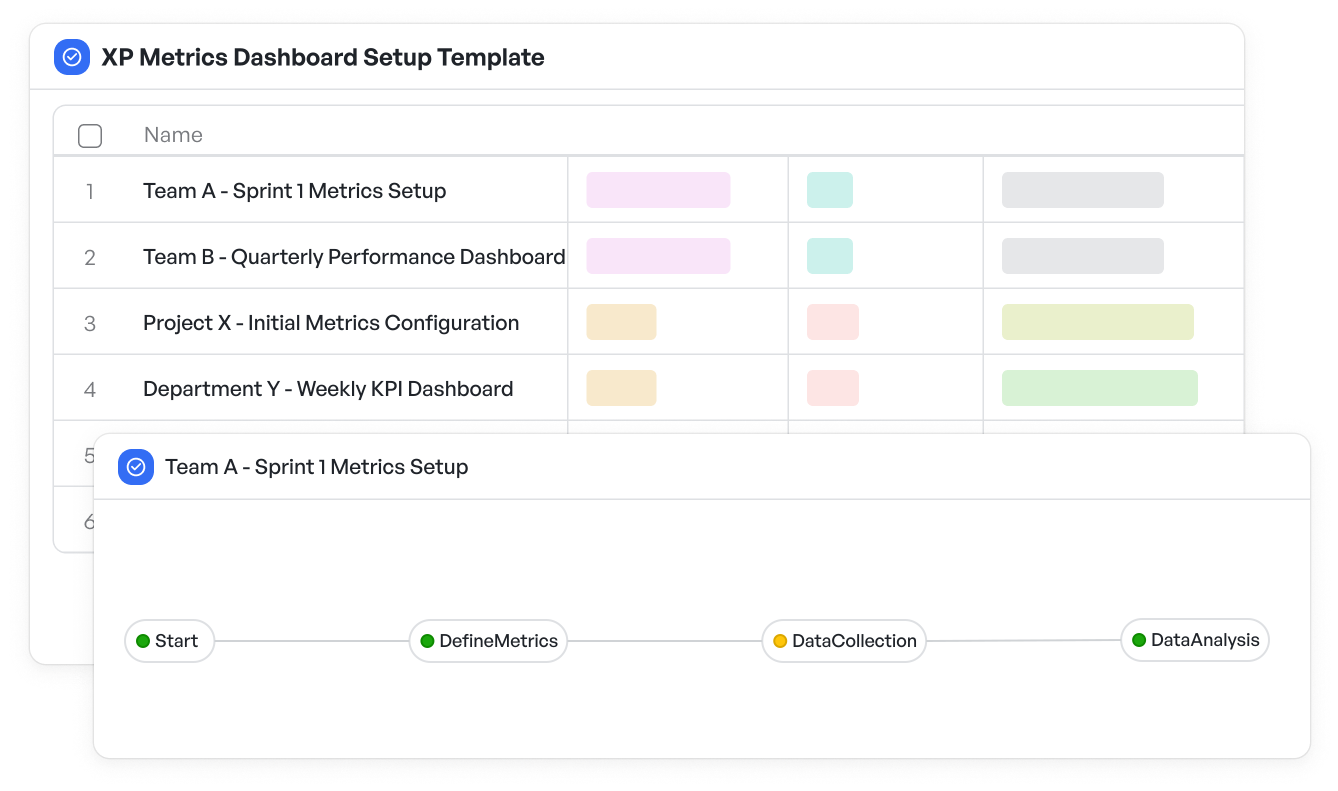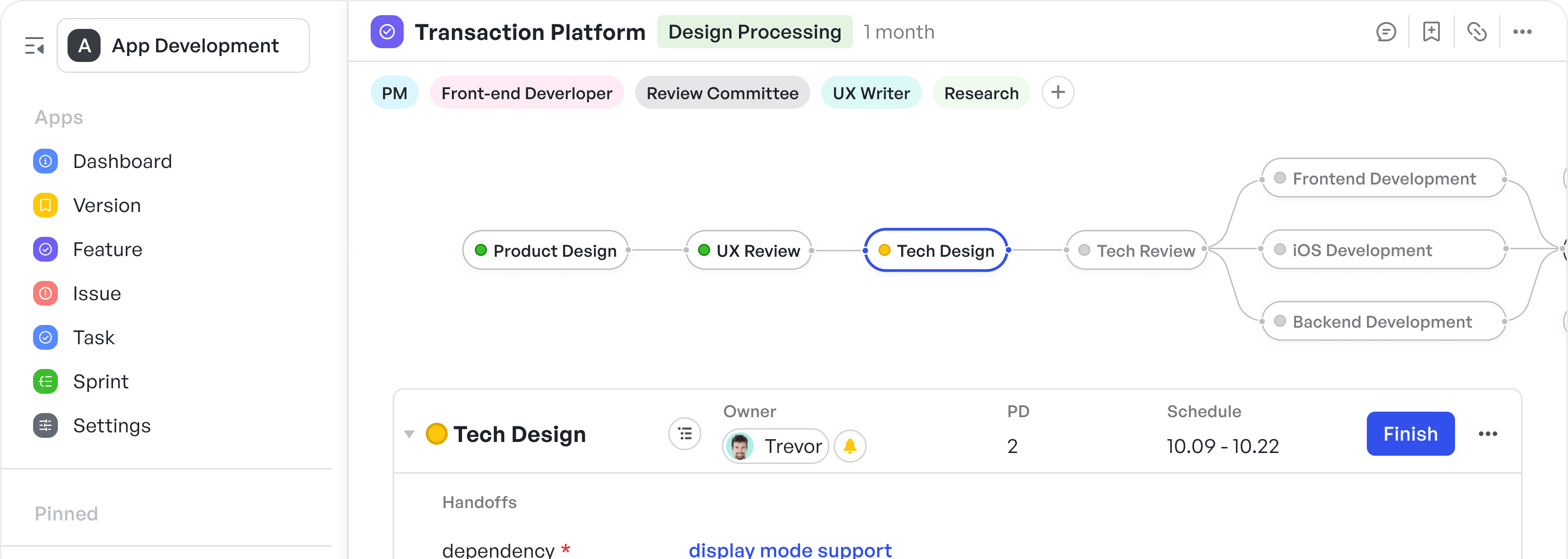How to Implement Extreme Programming in Marketing

Understanding Extreme Programming (XP)
Origins and Development
Extreme Programming (XP) originated as an agile methodology within the software development industry in the late 1990s. Kent Beck introduced XP to help development teams deliver high-quality software swiftly and efficiently. Initially designed to respond rapidly to evolving software requirements, XP quickly gained traction as an agile practice emphasizing continuous iteration and adaptability.
Core Values of XP
XP revolves around five core values:
- Communication: Encourages open dialogue among team members.
- Simplicity: Promotes straightforward solutions to complex problems.
- Feedback: Prioritizes constant and immediate feedback loops.
- Courage: Empowers teams to take bold, informed decisions.
- Respect: Establishes a collaborative environment that values every contribution.
Significance of XP in Software Development
XP transformed software development by advocating short development cycles, extensive customer involvement, and adaptive planning. Its principles have improved product quality, accelerated delivery timelines, and enhanced client satisfaction by effectively addressing evolving market demands and technological shifts.
Check out Meegle's Extreme Programming templates
Benefits of Applying XP to Marketing
Enhanced Agility
Translating XP methodologies into marketing enables teams to swiftly adapt to changing market conditions and consumer behavior. Agility ensures campaigns remain relevant, engaging, and competitive, thereby maximizing marketing ROI and effectiveness.
Improved Responsiveness to Market Trends
XP's continuous feedback loops and iterative processes equip marketing teams to react promptly to emerging trends and customer preferences. Instead of relying on static, long-term plans, marketers can pivot their strategies, keeping their messaging and offers timely and targeted.
Strengthened Team Collaboration
Adopting XP values in marketing fosters robust communication, mutual respect, and cross-functional collaboration. When marketers, designers, developers, and data analysts collaborate closely, campaigns become more coherent, aligned, and successful.
 Meegle's user story prioritization matrix template
Meegle's user story prioritization matrix templateXP Principles Adapted for Marketing
Communication for Effective Campaigns
Clear, consistent communication ensures alignment within marketing teams. Regular stand-ups, meetings, and transparent dialogues help identify obstacles early, enabling faster resolutions and streamlined campaign execution.
Simplicity in Strategy and Execution
Embracing simplicity means distilling marketing strategies into clear, manageable components. Simplified campaigns are easier to execute, measure, and optimize, improving overall clarity and effectiveness.
Continuous Feedback and Iteration
Incorporating frequent feedback loops allows marketers to measure the effectiveness of campaigns continually. Using data-driven insights, marketing teams can make incremental adjustments to maximize impact and outcomes.
Courage in Decision Making
XP encourages bold, informed decisions within marketing teams. Marketers empowered by XP values confidently experiment, innovate, and take calculated risks—essential for discovering new, effective marketing tactics.
Respect in Team Dynamics
Respect builds trust and enhances cooperation among team members. Marketing teams operating with mutual respect produce better creative outputs and benefit from diverse insights and collective expertise.
 XP metrics dashboard setup template
XP metrics dashboard setup templateMarketing Practices Inspired by XP
Iterative Planning and Rapid Prototyping
Adopting iterative planning means marketing strategies are flexible and evolve based on real-time results. Rapid prototyping lets teams quickly test and refine ideas, ensuring only the most effective tactics are scaled and implemented.
Implementing Small Release Cycles
Smaller release cycles in marketing translate to frequent, manageable campaign launches. This approach reduces risk, provides faster insights, and maintains continuous audience engagement by regularly presenting fresh content and offers.
Test-Driven Development in Campaigns
Applying test-driven development involves setting clear objectives and measurable outcomes upfront. Marketers establish KPIs before launching campaigns, continuously evaluating results against these predetermined goals, ensuring alignment with business objectives.
Pair Programming and Collaboration in Marketing
Borrowing from XP's pair programming concept, marketers can collaborate closely on campaigns, sharing ideas, insights, and skills. Pair marketing enhances creativity, problem-solving, and reduces errors or oversight, resulting in refined campaign outcomes.
Challenges of Adopting XP in Marketing
Cultural Shifts within Teams
Transitioning to XP requires substantial cultural shifts within marketing departments. Teams accustomed to traditional methods may initially resist adopting collaborative, iterative processes, necessitating thoughtful change management strategies.
Maintaining Discipline and Focus
XP demands consistent discipline and sharp focus from marketing teams. Without disciplined adherence to XP practices like frequent iterations, clear communication, and regular feedback, marketing teams risk lapsing back into less efficient traditional approaches.
Overcoming Resistance to Change
Change resistance is a significant barrier when implementing XP in marketing. Successful adoption requires proactive leadership, clear communication of XP's benefits, and ongoing support to ease team members into new ways of working.
Case Studies and Examples
While specific case studies of companies explicitly utilizing XP for marketing may be limited, numerous firms successfully leverage XP-inspired agile practices. Notably, agile marketing—a discipline closely related to XP—has been widely adopted by enterprises seeking enhanced responsiveness and campaign efficiency. Companies such as HubSpot, Salesforce, and Spotify embrace agile methodologies that closely resemble XP practices, particularly emphasizing iterative planning, rapid testing, and continuous feedback.
Lessons Learned from XP Implementation
Adopting XP-inspired methods offers significant insights for marketing teams:
- Clear communication and collaboration are critical: Regular stand-ups and transparent information sharing enhance team alignment and effectiveness.
- Small, iterative steps yield better outcomes: Incremental changes driven by frequent feedback outperform traditional marketing approaches by reducing risk and enhancing responsiveness.
- Empowering teams drives innovation: When teams feel empowered and trusted, they're more likely to innovate and proactively tackle challenges.
Achieving Superior Marketing Outcomes with XP
Applying Extreme Programming principles to marketing unlocks numerous competitive advantages. By enhancing agility, responsiveness, and collaboration, marketing teams deliver more impactful, timely, and efficient campaigns. These XP-inspired strategies facilitate continuous improvement, swift market adaptability, and cohesive team dynamics, driving sustained marketing success.
Experience the power of XP-driven marketing—collaborative, adaptive, and fast with Meegle today.
The world’s #1 visualized project management tool
Powered by the next gen visual workflow engineRead More
Check All BlogsStart creating impactful work today



